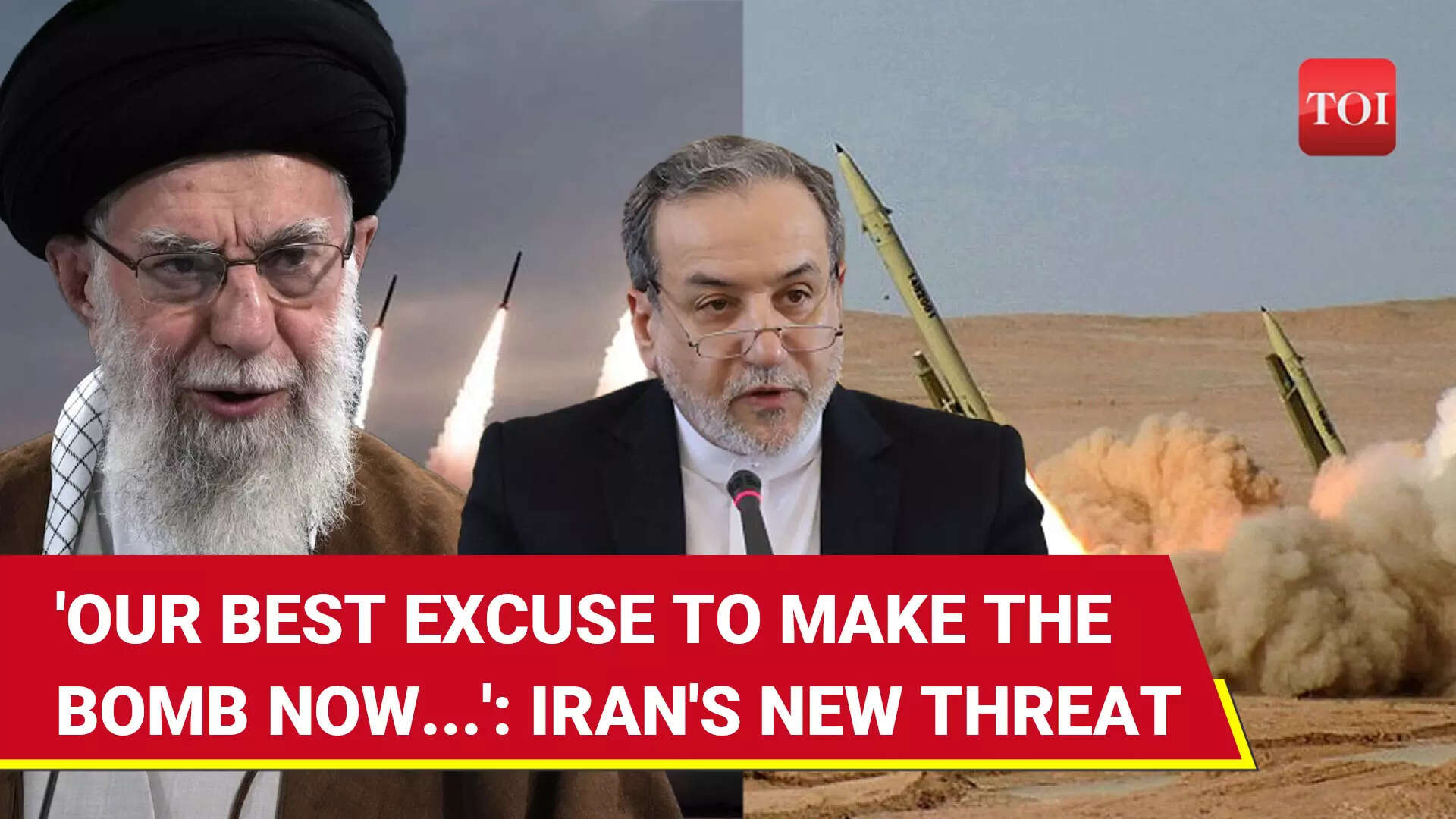US gov't transfers radiation identification equipment to Ghana Nuclear Regulatory Authority - MyJoyOnline
U.S. Charge d’Affaires, a.i. Rolf Olson handing over the equipment to Ghana Nuclear Regulatory Authority
The U.S. Charge d’Affaires, a.i. Rolf Olson, on Monday, July 7, met with senior officials at Ghana’s Nuclear Regulatory Authority (NRA) to provide radiation detection equipment in support of Ghana’s nuclear safeguards program.
Ghana’s NRA regulates and controls the peaceful applications of nuclear energy to align with international standards and obligations set forth by the International Atomic Energy Agency (IAEA).
The detection equipment, the HM-5 identiFINDER, valued at $26,000, will reinforce and strengthen detection of nuclear material to support Ghana’s IAEA reporting requirements and its capacity to detect, quickly locate, measure, and identify the source of radioactive and nuclear material.
This donation is the latest support by the United States for Ghana’s civilian nuclear energy program. In January, the United States, through the Foundational Infrastructure for Responsible Use of Small Modular Reactor Technology (FIRST) Program, donated the E2 Centre at the School of Nuclear and Allied Sciences, featuring a NuScale Power small modular reactor (SMR) digital control room simulator.
Previously, the program co-sponsored study tours to the United States and Japan for Ghanaian nuclear engineers and facilitated university partnerships with the top-tier nuclear engineering department at Texas A&M University for developing SMR-related curricula at Ghanaian institutions.
The U.S. Department of Energy’s National Nuclear Security Administration (DOE/NNSA) has worked in partnership with NRA for over a decade to strengthen Ghana’s implementation of IAEA nuclear safeguards obligations.
The International Nuclear Safeguards Engagement Program (INSEP) under DOE/NNSA supports states in implementing the highest standards of nuclear safeguards by building capacity to strengthen the Treaty on the Non-Proliferation of Nuclear Weapons.
INSEP’s cooperation with NRA has included consultations on strengthening Ghana’s nuclear law and drafting nuclear safeguards regulations, conducting technical trainings on non-destructive assay measurements of nuclear material, and supporting the establishment of sustainable national safeguards infrastructure in Ghana to meet IAEA obligations.
The Views, Comments, Opinions, Contributions and Statements made by Readers and Contributors on this platform do not necessarily represent the views or policy of Multimedia Group Limited.
The Views, Comments, Opinions, Contributions and Statements made by Readers and Contributors on this platform do not necessarily represent the views or policy of Multimedia Group Limited.
You may also like...
POLITICS:SHOULD POLITICIANS EARN THE MINIMUM WAGE?
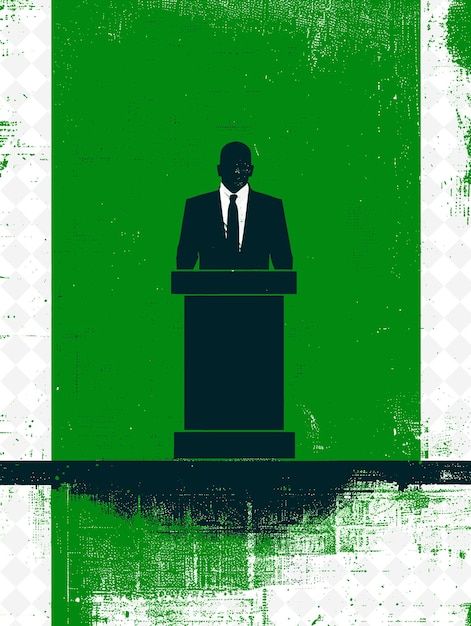
What if your president earned the same as a teacher? This bold essay explores the growing divide between political elite...
Erased or Ignored? The Forgotten Female Heroes of African History”
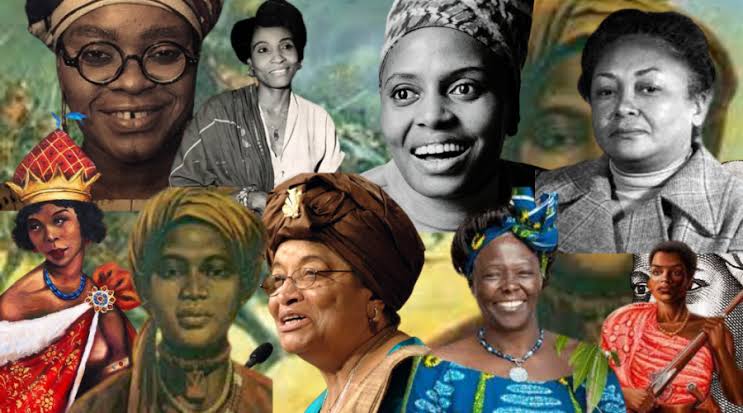
Discover the untold stories of Africa’s forgotten female heroes—from warrior queens and resistance leaders to spiritual ...
Africa's Growth Paradox: Why Booming Economies Aren't Delivering Jobs for Its Youth Majority

Africa's GDP is rising, but youth unemployment persists. Uncover the disconnect between economic growth and job creation...
Emotional Blackmail in African Homes: Love, Guilt, and Obedience

Explore how emotional blackmail shapes relationships in African homes—where love is often tangled with guilt, obedience,...
SOCIAL INSIGHT: IS MARRIAGE STILL RELEVANT IN THE 21ST CENTURY?

Once seen as the ultimate milestone of adulthood, marriage is now being questioned, redefined, and reimagined. This essa...
Urban African Youth and the Rebirth of Cultural Identity
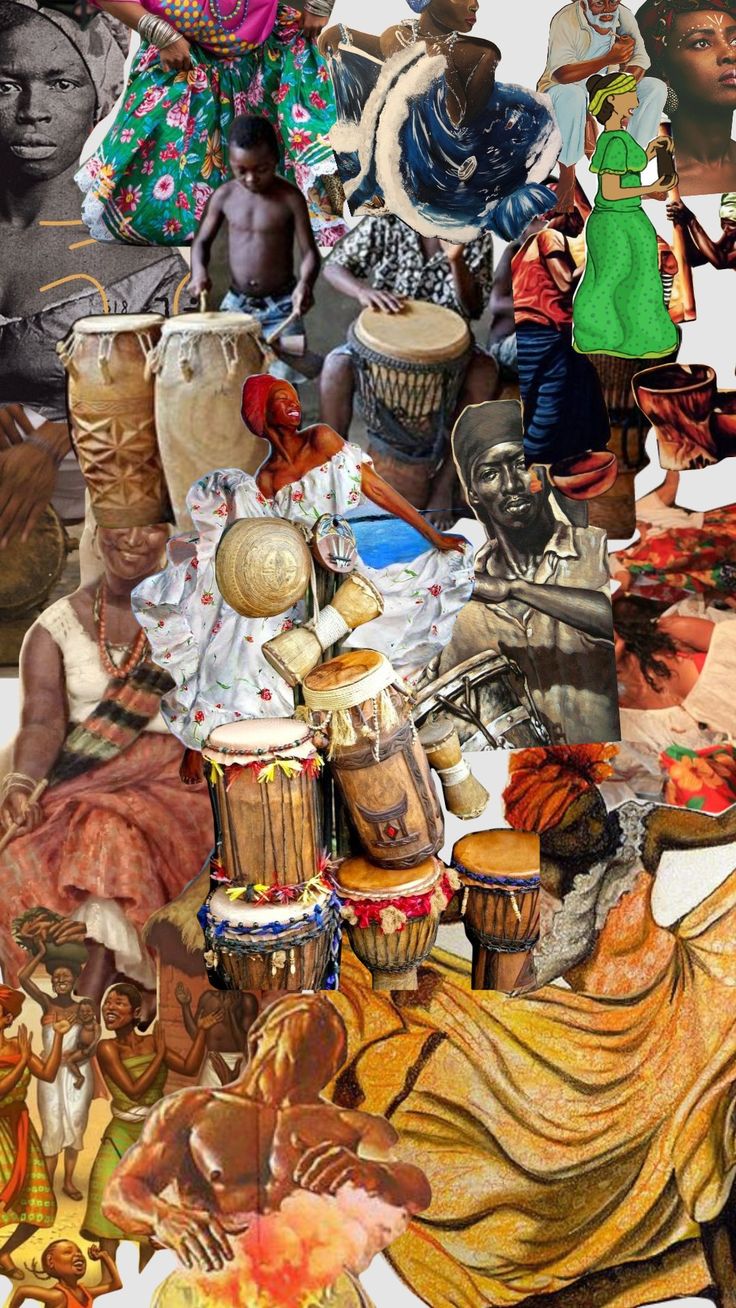
Urban African youth are redefining cultural identity through music, fashion, technology, and activism. From Kenya to Sou...
What Happens to African Girls Who Say No?
(3).jpeg)
Explore the struggles and resilience of African girls who dare to say no to forced marriage, gender-based violence, and ...
The African Dream Is Still to Leave Africa
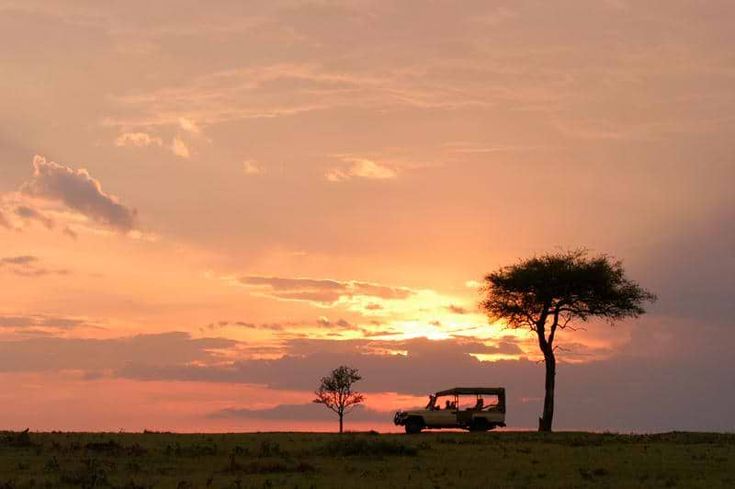
For many young Africans, the dream isn’t to build Africa — it’s to leave it. This piece explores why the African Dream o...
